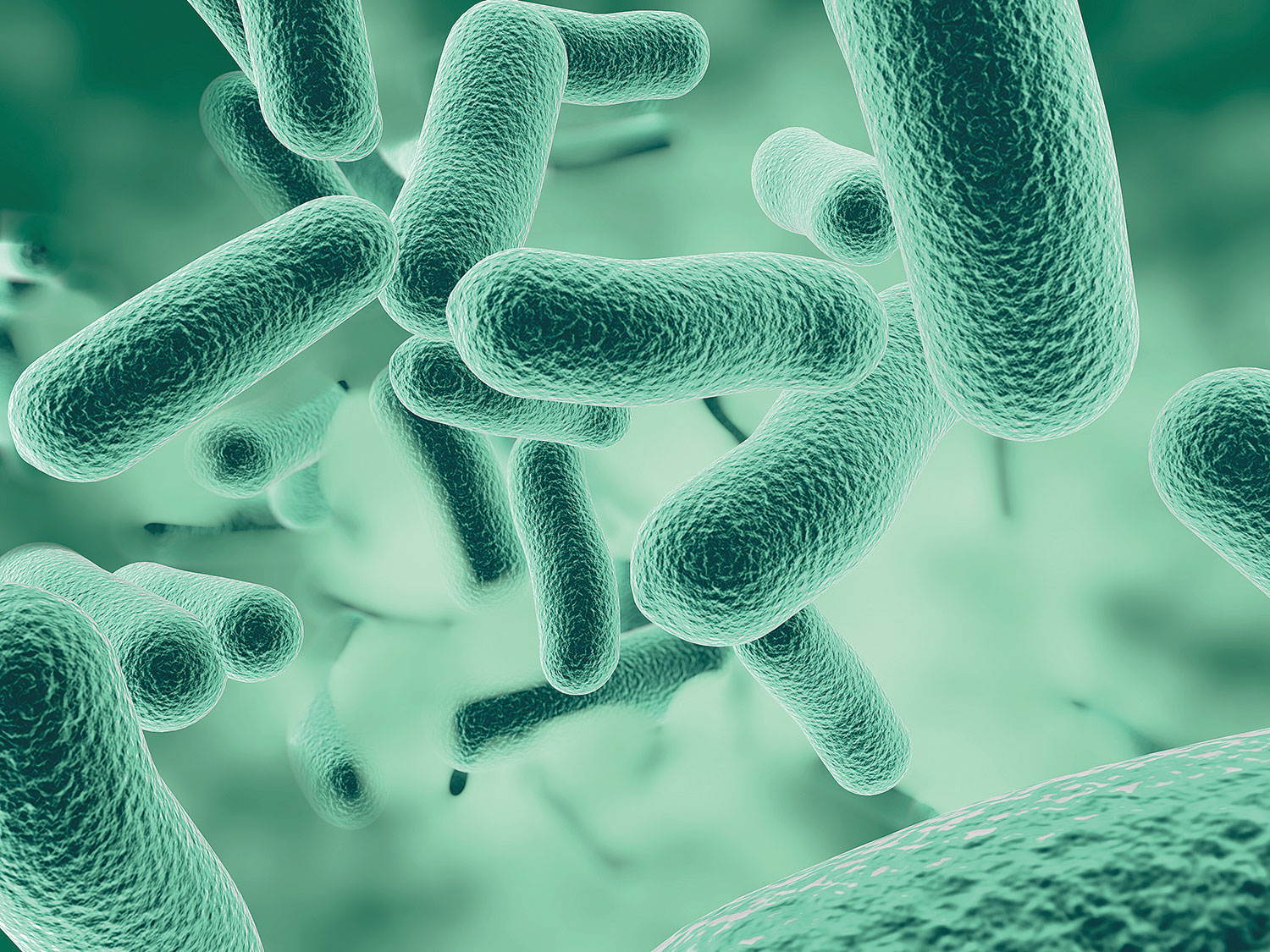

In a breakthrough, scientists have created the first stable semi-synthetic organism — a single-celled bacterium — that may play important roles in drug discovery and other applications. Life’s genetic code has only ever contained four natural bases. These bases pair up to form two base pairs — the rungs of the DNA ladder — and they have simply been rearranged to create all life as we know it, from bacteria to humans. Building on earlier research in which they synthesised a DNA base pair, scientists at The Scripps Research Institute (TSRI) in the US created a new bacterium that uses the four natural bases (called A, T, C and G), which every living organism possesses, but that also holds as a pair two synthetic bases called X and Y in its genetic code.
Researchers have now shown that the single-celled organism can hold on to the synthetic base pair as it divides. “We’ve made this semi-synthetic organism more life-like,” said Floyd Romesberg, professor at TSRI. Researchers said the work could be used to create new functions for single-celled organisms that play important roles in drug discovery and much more. They had earlier showed that E. coli bacteria could hold a synthetic base pair in their genetic code. However, they could not keep the base pair in their code indefinitely as they divided.
Oman Observer is now on the WhatsApp channel. Click here



